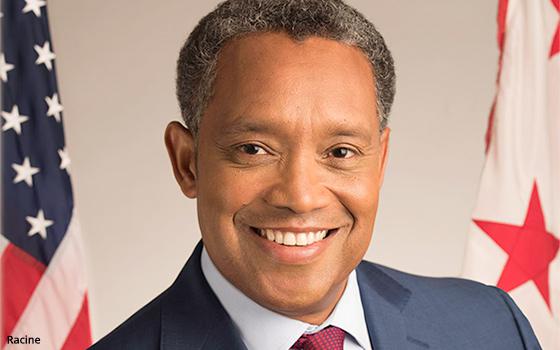D.C. AG Warns Consumers To Encrypt Abortion Messages
- by Wendy Davis @wendyndavis, October 19, 2022
Washington D.C. Attorney General on Wednesday warned consumers against using unencrypted messaging services, including one available on Facebook's website, to communicate about abortion and other sensitive matters.
“If you do need to discuss sensitive information in texts or online messages, use a secure, encrypted messaging app,” Racine's office said in a consumer alert.
The alert went on to urge people to use apps like Signal, adding that its end-to-end encryption relies on cryptography to prevent the message from being read by anyone other than the intended recipient, who has a private decryption key.
Racine also said consumers who need to send messages through social media should enable end-to-end encryption.
“For example,” the alert states, “the Facebook Messenger app (but NOT the general Facebook app or the Facebook website) allows users to create end-to-end encrypted chats, but you must opt-in to encrypted messages for every chat individually, and it can only be used when the recipient is also using the Facebook Messenger app.”
advertisement
advertisement
Racine's office also notes in the alert that law-enforcement authorities in Nebraska are using private chat messages sent through Facebook in an abortion prosecution.
The alert suggests that end-to-end encryption may have thwarted that prosecution.
“As in the Nebraska case, if a platform is served with a valid search warrant, it is required to turn over whatever they have,” the alert states. “If the message is encrypted as it passes through the intermediary, the only thing the platform can send to law enforcement is the encrypted text -- which is useless without the private key.”
Facebook communications director Andy Stone responded on Twitter that Meta's WhatsApp messaging service is already end-to-end encrypted by default, and that encryption will be the default setting next year on Messenger.
The new alert comes the week after dozens of advocacy groups launched the “Make DMs Safe” campaign, which urges Facebook, Google, Twitter, Apple and other tech companies to immediately implement end-to-end encryption.
While Racine is backing end-to-end encryption, other law enforcement officials have voiced concern about the technology.
For instance, former U.S. Attorney General William Barr and other officials in the U.K. and Australia, argued in 2019 that Facebook shouldn't deploy end-to-end encryption unless the technology included backdoors that would allow law enforcement to access messages.



